
As parents, we all want our kids to flourish in a world filled with kindness and respect. Unfortunately, research has shown that children may experience some form of bullying while growing up. Bullying is a serious problem that can have a lasting impact on children and can take many forms, including physical bullying, verbal bullying, and cyberbullying.
A report on 'School Bullying In Southeast Asia Countries' cited data from UNICEF which stated that the incidence of bullying in Myanmar schools increased by more than 30% in 2016 compared to 2007. (source)
As a parent, it is important to know how to address your child's encounters with bullies. Firstly, it is a good step to talk to your child about bullying early and often. This will help them to understand what bullying is and how to deal with it. Here are some tips on how to support and advise your child if they are being bullied:

Believe Your Child
It is important to believe your child when they tell you that they are being bullied. Do not dismiss their concerns or tell them that they are imagining things.

Use the Authoritative Parenting Style
The authoritative parenting style promotes a balance between setting limits and encouraging independence. It develop self-confidence, self-discipline and the ability to express emotions effectively.
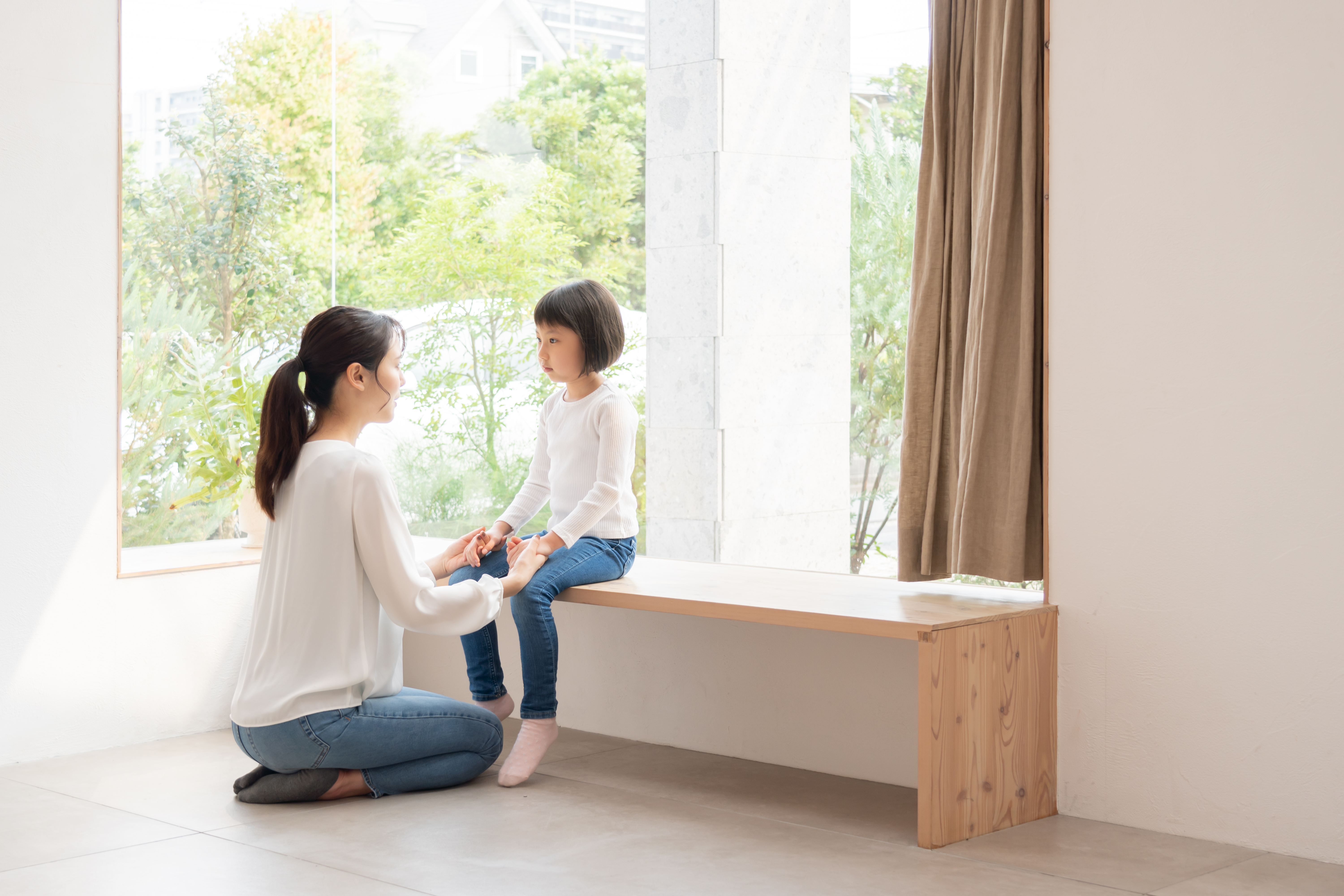
Listen to Your Child
Let your child talk to you about what is happening. Be a non-judgmental listener and offer your support. Reassure your child that it is not their fault. Bullying is never the fault of the victim. Make sure your child knows that they are not to blame for what is happening.
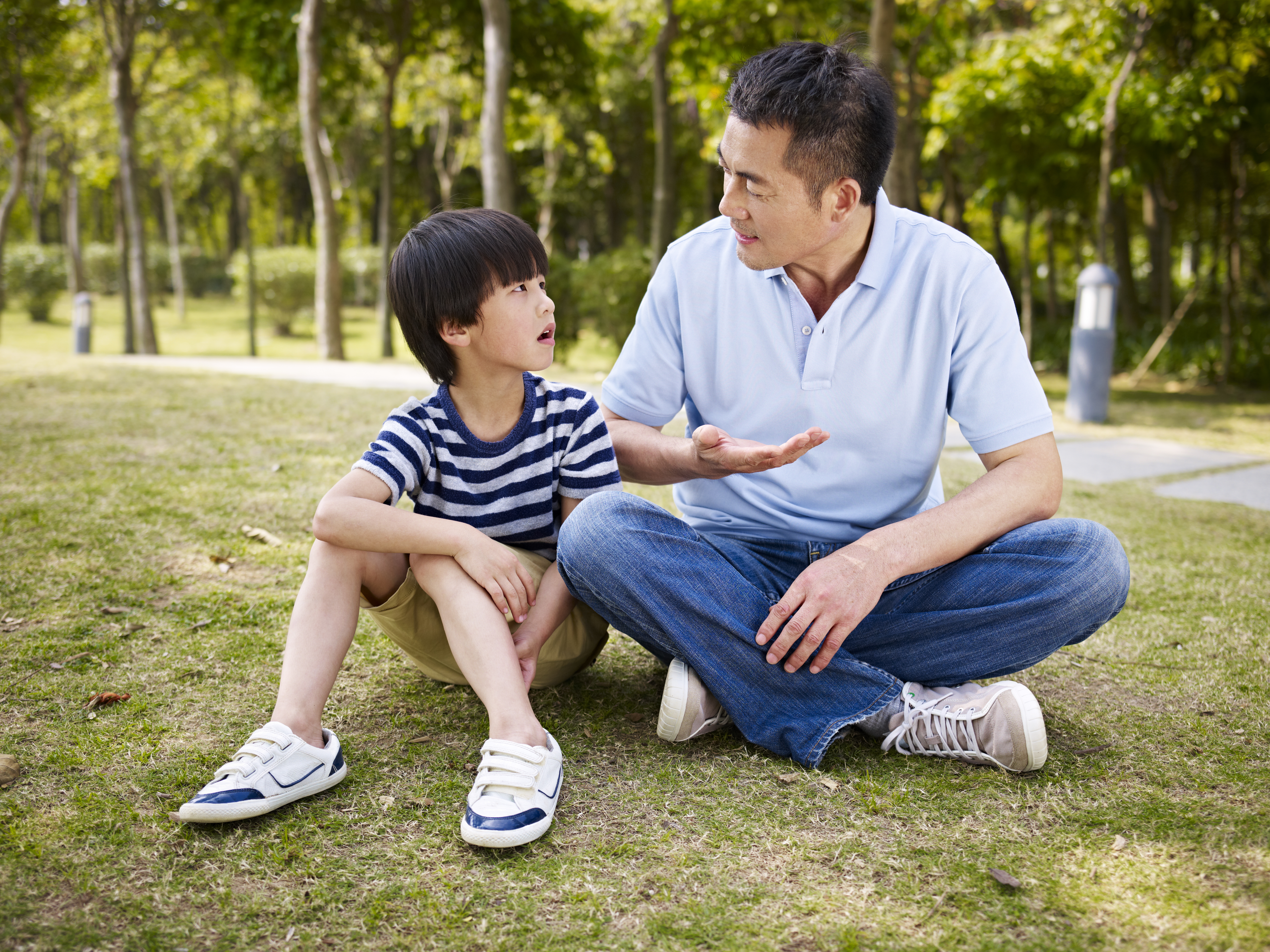
Help Your Child Develop Coping Strategies
There are a number of things that your child can do to cope with bullying. Talk to them about how to stand up to a bully, how to avoid situations where they might be bullied, and how to deal with the emotional effects of bullying.

Talk to the School
If the bullying is happening at school, you should talk to the school administration. They have a responsibility to create a safe environment for all students.
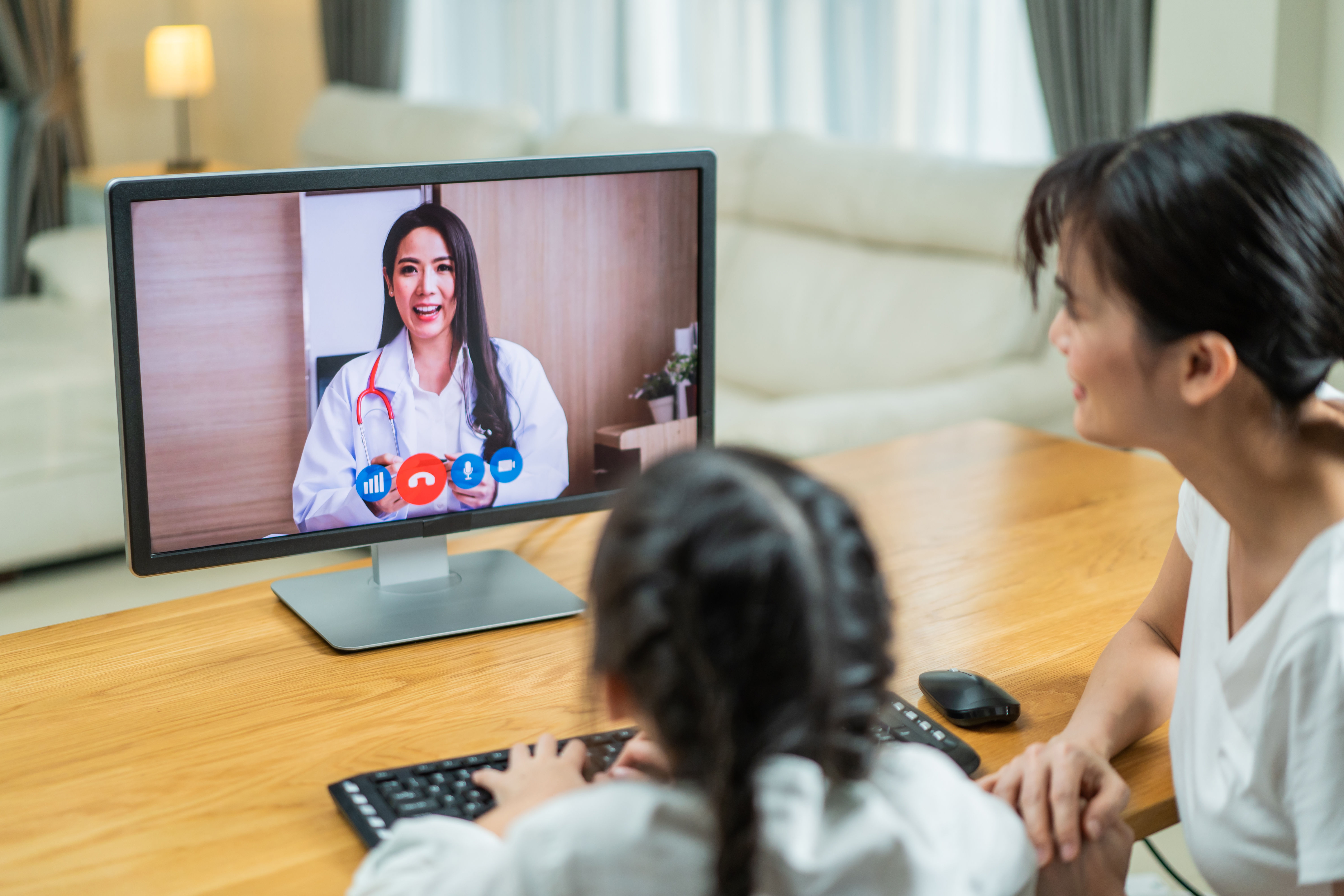
Seek Professional Help
It is also important to remember that you are not alone in dealing with bullying. If the bullying is severe or if your child is struggling to cope, you may want to consider getting professional help. A therapist can help your child deal with the emotional effects of bullying and develop coping strategies.
As you use these tips, remember that you're the one who guides and takes care of your child. Teach them that being kind and strong is better than being negative. This will help them handle tough situations and treat others well.
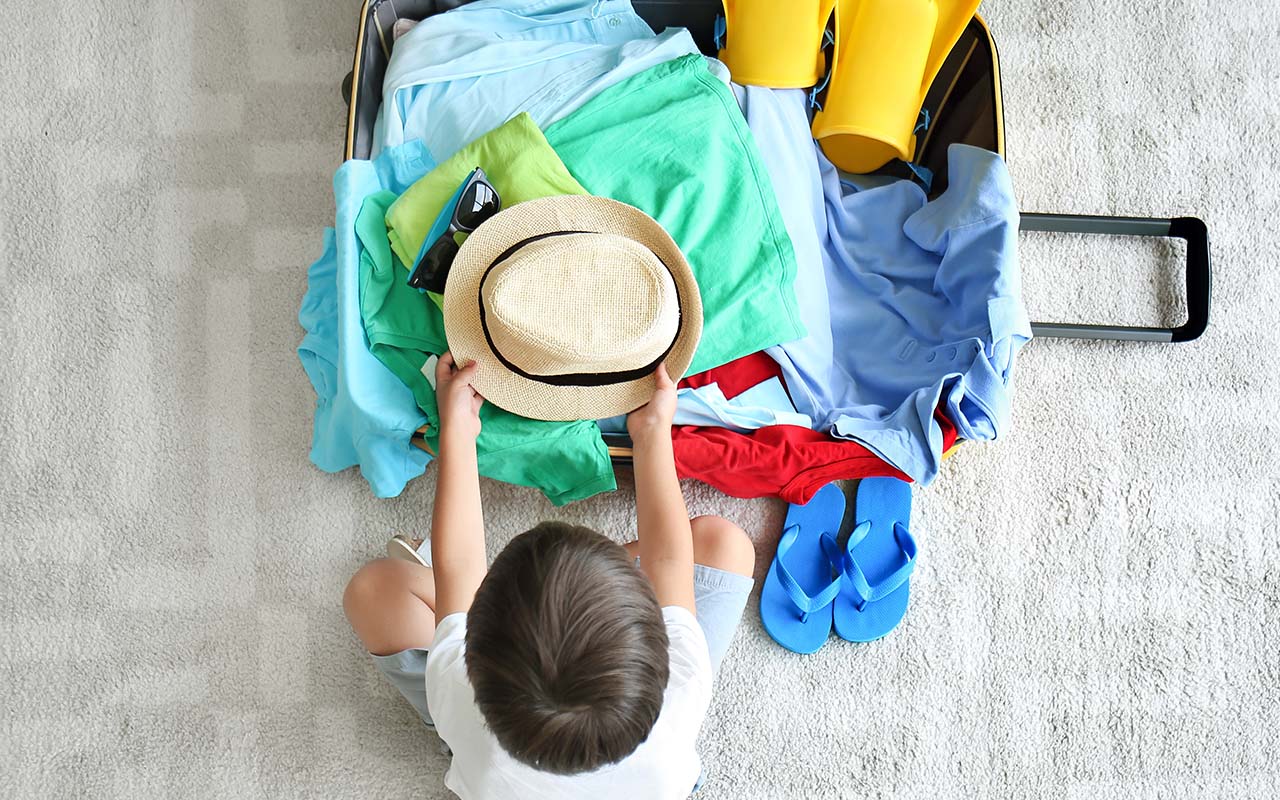

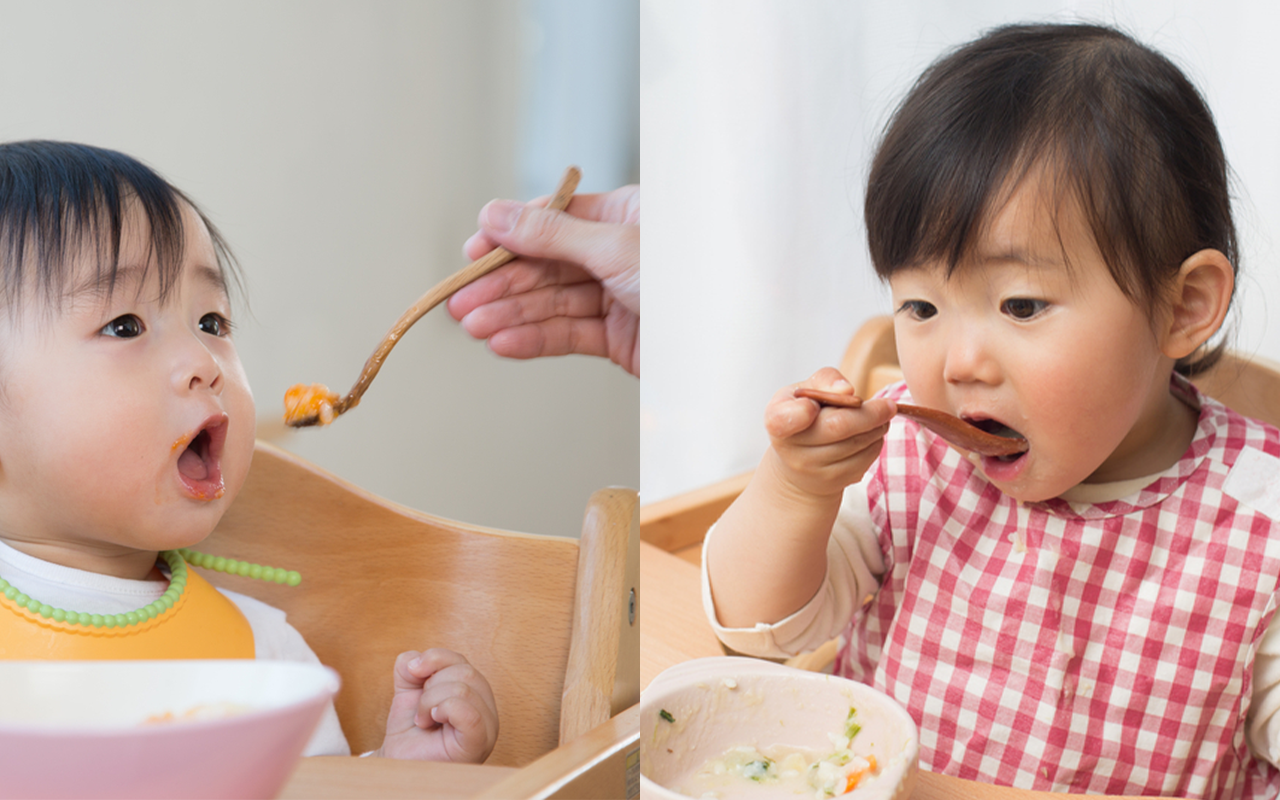
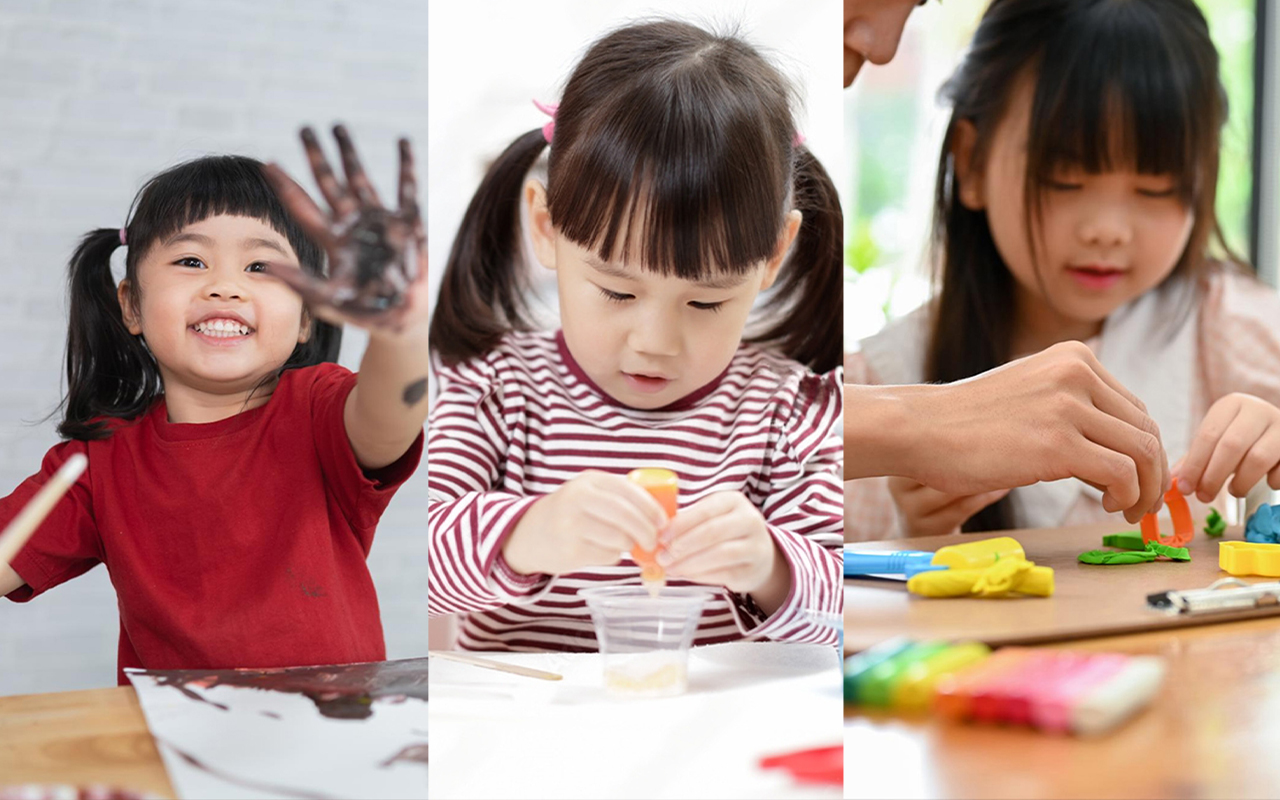
Linn Akhayar
Thaw Thaw
May Zin